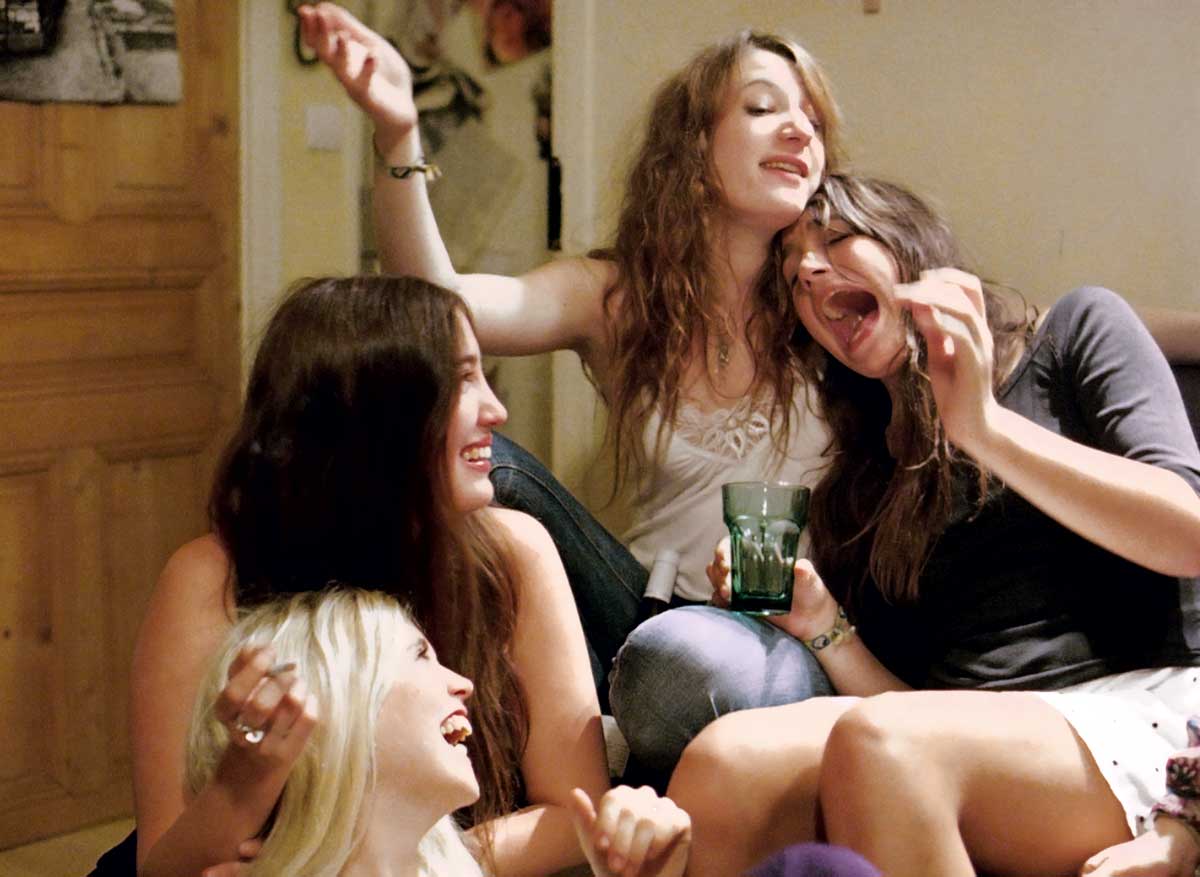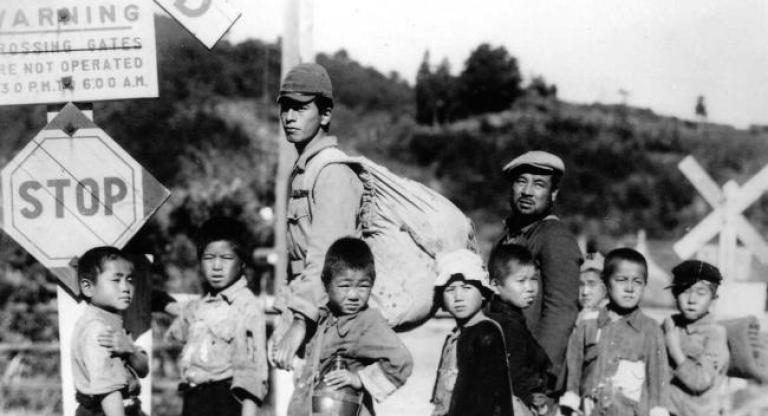The career that connects La Vie au Ranch (2009, rendered in English as Chicks) and Voyages en Italie (2023)—respectively, Sophie Letourneur’s first and most recent feature films—has received a fair amount of critical attention in France. In recent years, she earned the Prix Jean Vigo in 2021 for her film Énorme, but her work has had less opportunity to screen elsewhere. The two features screening at the Roxie not only bring to light Letourneur’s blossoming as a filmmaker over the past 15 years, but also provide an occasion to consider her enduring concerns as a director. The sparse, naturalistic La Vie Au Ranch delights in following four young women through the squalor and confusion of their early twenties through a lens that is both playful and indulgent. Voyages en Italie—the first in an upcoming trilogy of films—is undoubtedly a more mature and polished work than La Vie au Ranch, and, despite its namesake, has more in common with Rohmer than Rossellini. The film traces the wavering sense of guilt and disappointment that occurs when the sticky promises of transformation implied by a romantic summer holiday are never quite delivered. Nevertheless, the pairing reveals Letourneur’s ongoing fascination with female interiority and the foibles of heterosexual romance, all expressed with a self-deprecating humor and formal daring.
Her predilection for autofiction (Voyages en Italie is one of many films wherein Sophie plays a version of herself), concern with the psychological lives of women, aggressive desire towards authenticity, and her gleeful bawdiness has led critics to invoke Lena Dunham when Letourneur is being discussed which, despite the brilliance of, say, Girls (2012-2017), is a comparison that belies the particular form and charm of Letourneur’s wit and humanity. She has an extraordinary capacity for filming intimacy that renders the viewing of both of these films almost voyeuristic because of their fly-on-the-wall naturalism. The sex scene in Voyages en Italie teeters on an uncomfortable watch on account of the tenderness and chemistry between the two leads, despite what Letourneur, in a recent interview with Cahiers du Cinema, called a “burlesque” performance by the musician Philippe Katerin. The claustrophobic turbulence of life at the “Ranch” frequently owes itself to a type of hovering handheld too-close close-up that features heavily in another early work of hers: Roc et Canyon (2007). The effect collapses the distance between us and the subjects. Voyages en Italie also reiterates another one of Letourneur’s obsessions: the de/reconstruction of the process of narrativizing events through film, as seen in Les Coquillettes (2012) and Le Marin Masqué (2011).
This gives her filmmaking a sharp, deconstructionist edge, and is an interesting move for someone who has, in surely exaggerated fashion, downplayed her own cinephile credentials. This healthy self-mockery is evident in Les Coquillettes, where the Locarno film festival is mischievously degraded into a site that’s meant to hunt for hook-ups—in particular, with the ever-elusive Louis Garrel. Perhaps it's this self-consciously “boy crazy” quality of Letourneur’s work that exemplifies its rich duality; she elevates the supposedly banal, feminine pastime of sitting on the couch with your girlfriends gossiping about boys to a point of almost transcendence that nevertheless glows intensely with human warmth. La Vie Au Ranch and Voyages en Italie demonstrate her ability to demystify the act of filmmaking with tongue-in-cheek charm and modesty, whilst never obscuring the sensitivity of her vision and skill.
Chicks (a.k.a. La Vie au Ranch) + Voyages en Italie screens Monday, July 29, at the Roxie as part of “Two by Sophie Letourner.”




